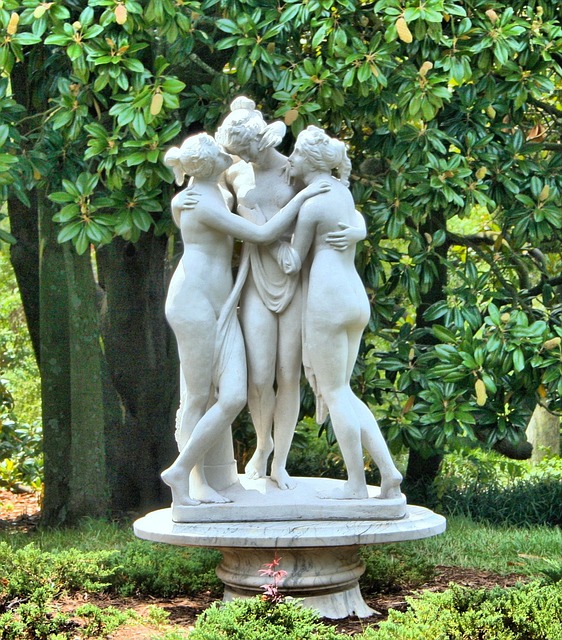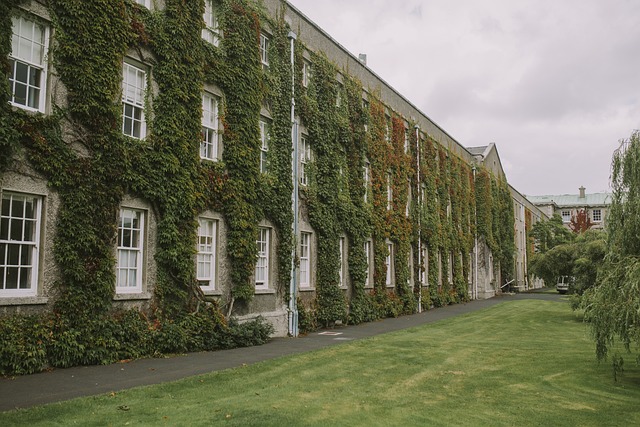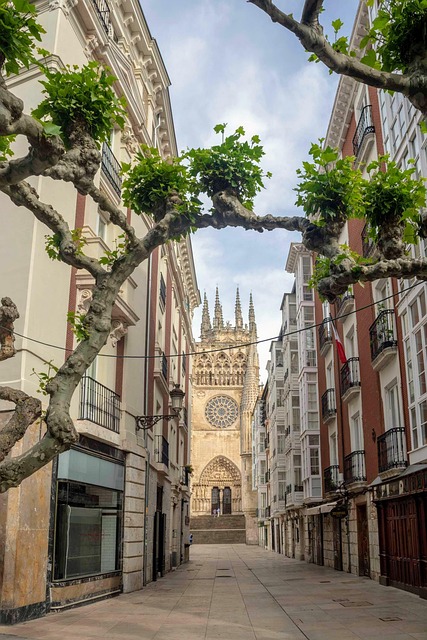Eugene, Oregon, boasts a fascinating journey from pioneer settlement (1856) to culturally rich and progressive city. The University of Oregon, established in 1873, catalyzed intellectual growth, urban development, and cultural diversity. Historical landmarks showcase Eugene's past as a transportation hub, while the university remains a cornerstone for academic pursuits and social change, especially during the Civil Rights Movement. Today, Eugene is renowned for its vibrant arts scene, strong community values, and unique history that blends logging roots with modern urban planning. Key factors—including transportation history, historic landmarks, and student-driven cultural evolution—shape Eugene's dynamic identity as an inclusive artistic center.
“Eugene, a vibrant city in Oregon’s heart, is more than just a pretty campus and lush landscapes; it’s a living testament to the American Civil Rights Movement. This article delves into the multifaceted role Eugene played during this pivotal era, exploring its founding and early history as a spark for change. From the influential University of Oregon nurturing intellectuals and activists, to the city’s progressive urban development and rich cultural evolution, each aspect contributes to Eugene’s unique identity. Discover how transportation links and historical landmarks preserve this dynamic city’s past.”
- Eugene's Founding and Early History: A Spark for Change
- The University of Oregon: Nurturing Intellectuals and Activists
- Urban Development and the Growth of a Progressive City
- Cultural Evolution: Art, Music, and Community in Eugene
- Transportation Links and Historical Landmarks: Preserving the Past
Eugene's Founding and Early History: A Spark for Change
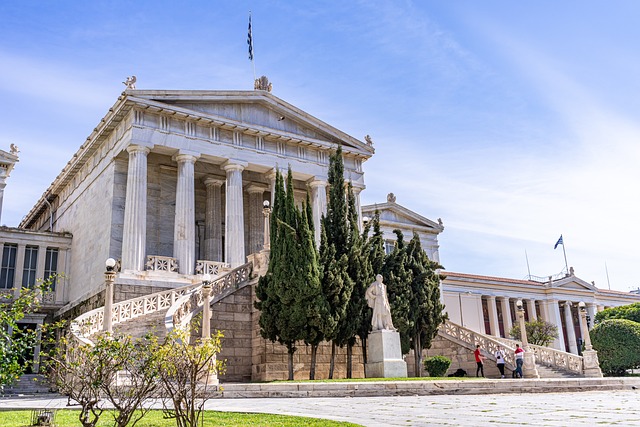
Eugene, a vibrant city in the Pacific Northwest, has a rich history that dates back to its founding in 1856. Originally named after Eugene Williams, a local pioneer, the city’s early development was closely tied to its strategic location along important transportation routes. The University of Oregon, established in 1873, played a pivotal role in shaping Eugene’s intellectual and cultural evolution. As the university grew, so did the city, leading to urban development and an influx of diverse populations that contributed to its dynamic character.
Eugene’s historical landmarks reflect its past as a bustling hub for commerce and cultural exchange. The city’s transportation history, including the arrival of railroads, facilitated economic growth and connected it to broader regional networks. Today, Eugene is known for its progressive values, vibrant arts scene, and strong sense of community—all rooted in its founding principles and the diverse influences that have shaped its cultural tapestry over the years.
The University of Oregon: Nurturing Intellectuals and Activists

The University of Oregon, located in the heart of Eugene’s founding history, has played a pivotal role in nurturing intellectuals and activists since its establishment. This institution has been at the forefront of Eugene’s urban development and cultural evolution, contributing significantly to its diverse and dynamic character. Over time, the university has become an intellectual hub, attracting students from across the globe who bring their unique perspectives and experiences, enriching the city’s social fabric.
Eugene’s transportation history is intertwined with the university’s growth, as it has facilitated access to this cultural center. Historical landmarks within the city, many of which are tied to its rich past, further underscore the University of Oregon’s impact. As Eugene continued to evolve, the academic institution remained a cornerstone, fostering not just scholarly pursuits but also social and political activism, making it a vital part of the broader Civil Rights Movement.
Urban Development and the Growth of a Progressive City
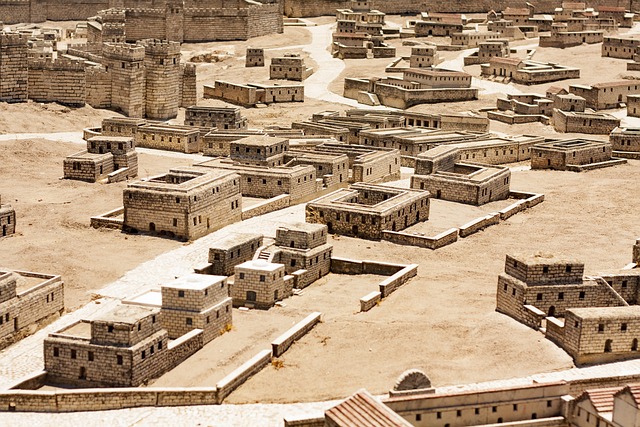
Eugene, with a rich founding history and a strong connection to its academic roots, has experienced significant urban development that has contributed to its progressive city status. The University of Oregon’s impact on the region cannot be overstated; it has not only been a hub for education but also a catalyst for cultural evolution and intellectual discourse. This academic vibrancy has seeped into the city’s fabric, fostering an environment conducive to innovation and social progress.
The urban development of Eugene is marked by a unique blend of historical landmarks and modern transportation infrastructure. From its early days as a logging town, it has evolved into a thriving cultural center with a diverse range of artistic expressions. The city’s transportation history, including the expansion of railroads and highways, played a pivotal role in shaping its economic landscape. Today, Eugene stands as an example of harmonious coexistence between its rich historical landmarks and contemporary urban planning, making it a captivating destination for visitors and a proud home to its residents.
Cultural Evolution: Art, Music, and Community in Eugene

Eugene’s rich history as a founding city and its status as home to the University of Oregon have significantly contributed to its vibrant cultural evolution. Over time, the city has transformed into a bustling urban center that embraces artistic expression and musical diversity, all while maintaining a strong sense of community. The University’s influence is evident in the city’s dynamic arts scene, with students contributing to local galleries, theaters, and music venues. This cultural vibrancy attracts visitors and fosters a unique atmosphere.
The city’s urban development has also played a role in its cultural identity. Eugene’s transportation history, marked by the construction of highways and railways, facilitated growth and connected it to broader regional networks. Historical landmarks scattered throughout the city narrate its journey, from its early days as a logging outpost to its current status as an inclusive and creative hub. These elements collectively shape Eugene’s cultural evolution, making it a dynamic and captivating place where art, music, and community intertwine.
Transportation Links and Historical Landmarks: Preserving the Past

Eugene’s rich history is intricately woven into its landscape and infrastructure. As a city with a deep-rooted founding history, its evolution over time has been shaped by key milestones and institutions like the University of Oregon, which continues to play a pivotal role in the region’s cultural and intellectual development. The university’s presence not only fostered academic excellence but also contributed to the urban development of Eugene, attracting diverse communities and fostering a vibrant cultural scene.
Transportation links have historically been integral to the city’s growth. From its early days as a transportation hub for migrants and settlers, to the modern-day expansion of highways and public transit, Eugene’s transportation history reflects its progress. The city’s historical landmarks, including notable buildings, monuments, and cultural centers, stand as testaments to its past and present, inviting locals and visitors alike to delve into and appreciate the unique tapestry that defines Eugene’s identity within the broader context of Oregon’s cultural evolution.








